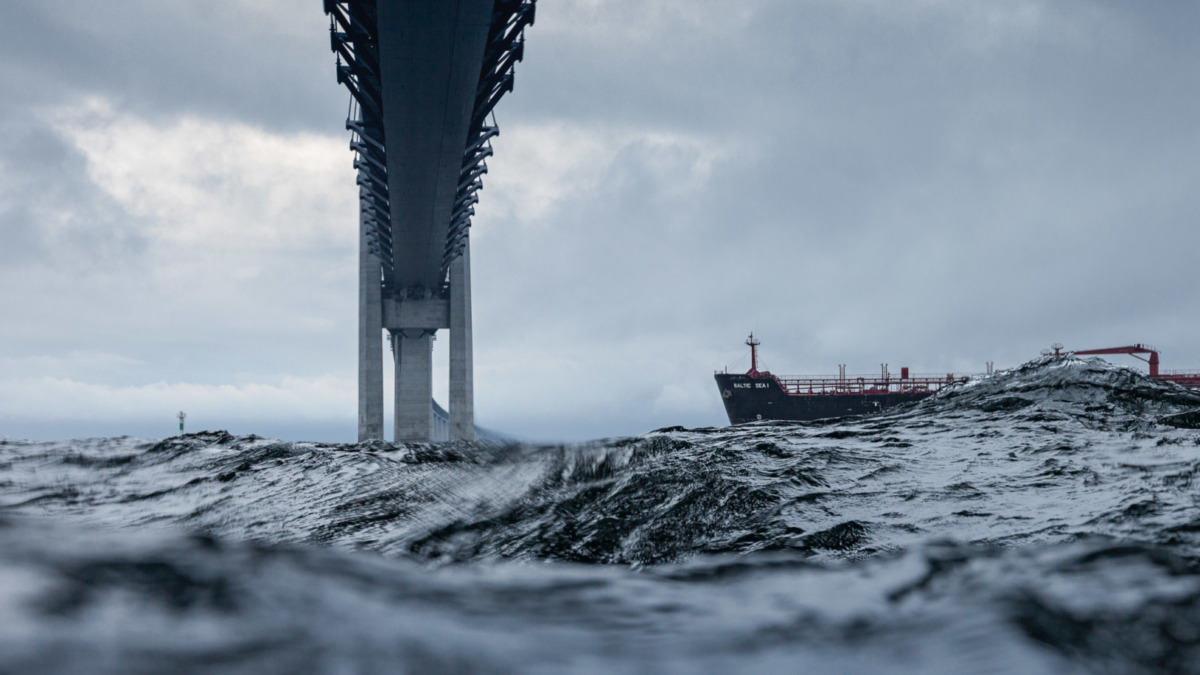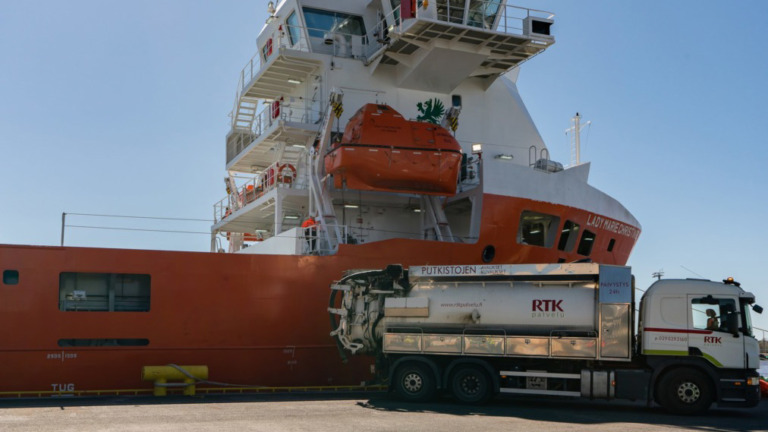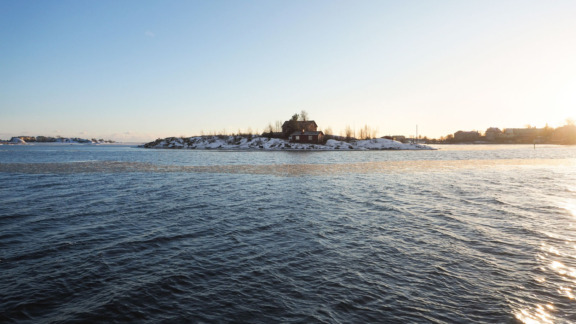Finland Bans the Discharge of Ship Wastewater into the Sea
On December 3rd, Parliament approved a bill prohibiting the discharge of ship wastewater into the Baltic Sea within Finland’s territorial waters. Valuable and fragile ecosystems in shallow coastal waters will benefit from this legislative change. With the adoption of this law, Finland becomes a pioneer in reducing ship wastewaters. The work to achieve a Baltic Sea-wide ban on ship wastewater discharges continues.

The report commissioned by Traficom and conducted by BSAG, set to be published in January 2025, highlights the need for new legislation as ship wastewater discharges are more harmful to the Baltic Sea than previously thought. According to the report, few ships discharge their wastewater and food waste in port, meaning much of it still ends up in the sea. Blackwater discharged into the sea contains large amounts of fecal bacteria, suspended solids, and very high nutrient concentrations.
With the new law, Finland prohibits the discharge of grey and black wastewater, scrubber water, and scrubber sludge into the Baltic Sea within its territorial waters.
“It’s highly welcome that Finland is addressing harmful ship emissions into the Baltic Sea through legislation. The bill is thorough and comprehensive, but as Members of Parliament Tiina Elo (Green League) and Timo Furuholm (Left Alliance) pointed out during committee reviews, the proposed transitional provisions should be more ambitious,” comments BSAG’s CEO Ville Wahlberg.
Voluntary Actions Preceded the Legislative Change
BSAG has been working for years to reduce ship-based emissions, initially through voluntary measures in collaboration with shipping companies, ports, ship brokers, and waste management operators, and later by advocating for a discharge ban in national legislation.
“The voluntary Ship Waste Action initiative significantly increased the amount of waste received by participating ports and demonstrated that there is a willingness for change, and it is also fully achievable in practice,” says Wahlberg.
“Finnish ports already have excellent capabilities for receiving ship-based blackwaters, and waste pricing is implemented according to the No Special Fee system, where the waste fee is charged regardless of whether the ship leaves waste at the port or not,” explains BSAG’s Maritime Project Coordinator, Laura Rantanen.
However, the Ship Waste Action initiative revealed that discharging wastewater to ports requires seamless cooperation among all parties involved in the discharge process.
“With the legislative change, the volume of discharges at ports may increase, and this must be considered in waste management planning at ports. Shipping companies must also be informed well in advance about the discharge ban. The ban will especially impact the management of ships’ grey water. Until now, grey water has been allowed to be discharged into the Baltic Sea without any restrictions,” Rantanen adds.

Moving Forward Through International Cooperation
Ship wastewater is also on the political agenda in Sweden and Denmark, where both countries plan to ban the discharge of scrubber water into the Baltic Sea within their territorial waters starting in the summer of 2025. Finland’s wastewater discharge ban is currently the most comprehensive in the Baltic Sea region. To maximize the impact of such measures, the ban should be extended to cover the entire Baltic Sea.
“To ensure that no wastewater is discharged from ships anywhere in the Baltic Sea, the focus must now shift to international cooperation and advocacy. Key players in this effort are HELCOM, the International Maritime Organization (IMO), and the European Union,” comments Wahlberg.
CONTACT US





